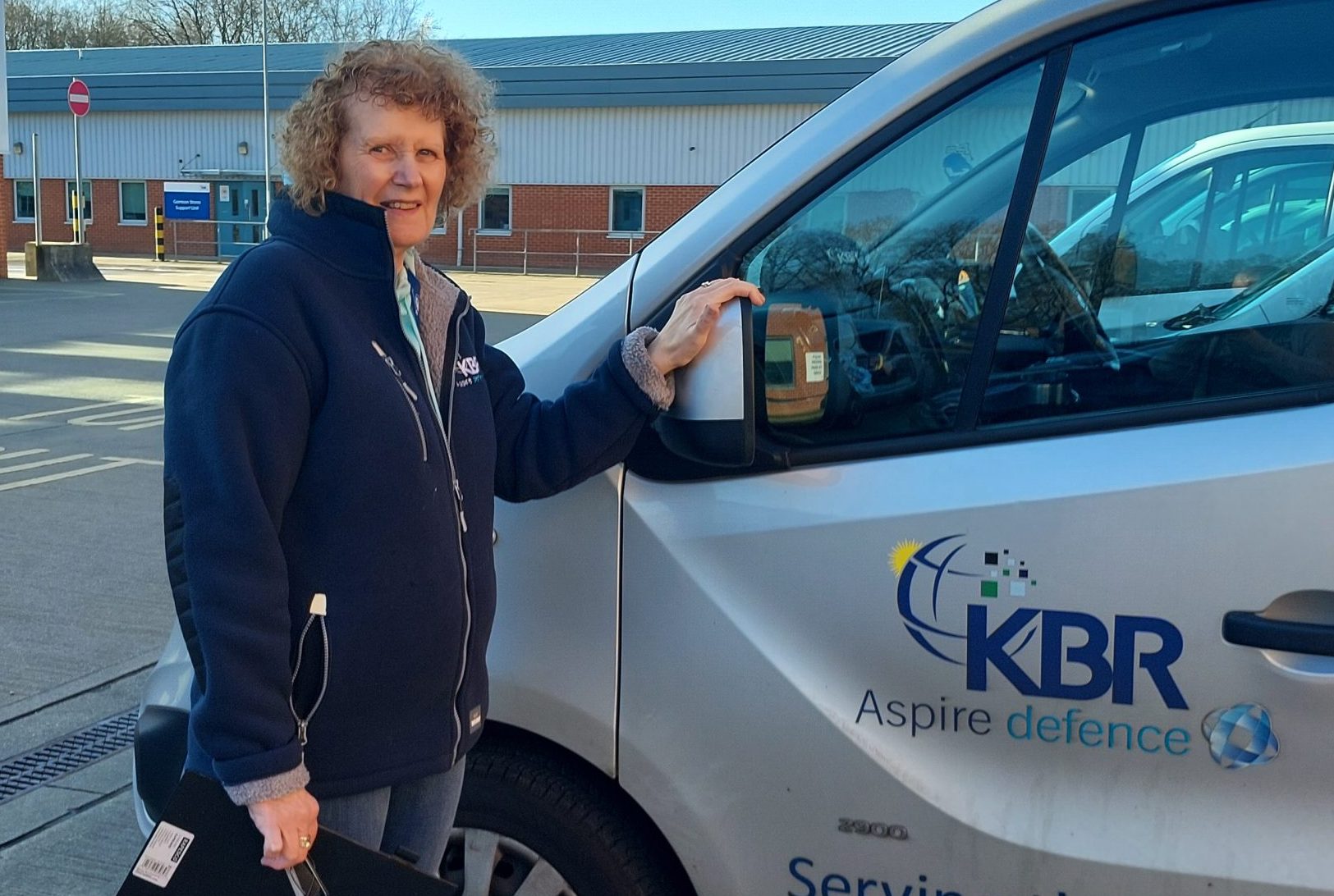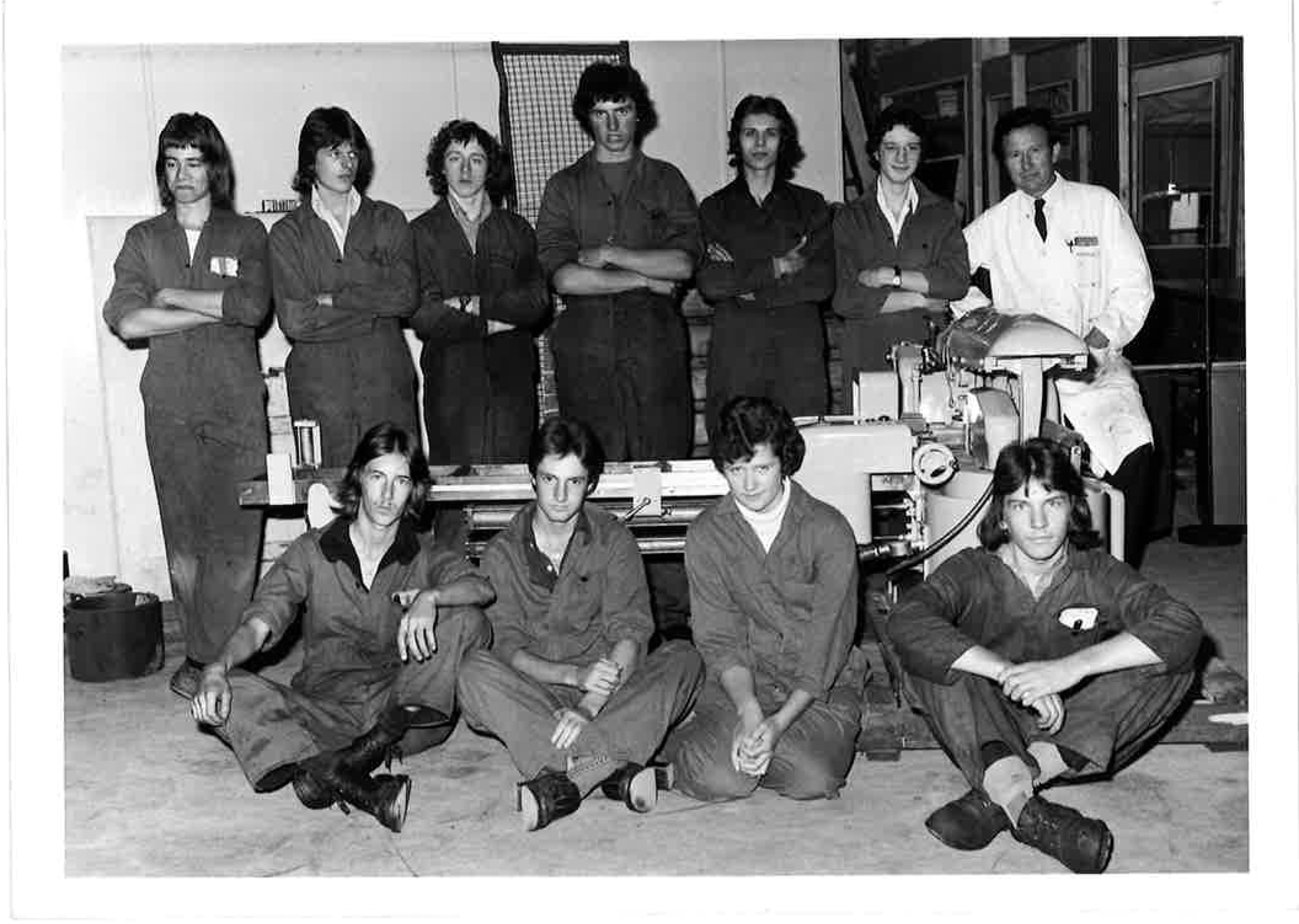Linda Kilvert: How an Electrical Technician Apprenticeship Shaped My Engineering Career

Linda Kilvert, Reactive Maintenance Manager at Aldershot, began her career as an Electrical Technician Apprentice at Mawdsleys, a manufacturer of electric motors and generators, in 1974. She shares her experience and insights on how an unexpected Apprenticeship has helped her achieve a successful trades career and overcome challenges in a male-dominated industry.
Q: What motivated you to choose an Apprenticeship over other options?
A: I was always interested in engineering and drawing, so I applied for a drawing office job at Mawdsleys. However, during the interview, they gave me a tour around the company and showed me the different departments and processes involved in making electric machines. I was fascinated by the practical aspects of electrical engineering and the variety of skills required. They offered me an Electrical Technician Apprenticeship instead, and I accepted it without hesitation.
Q: What skills and knowledge did you gain from your Apprenticeship?
A: I gained a lot of in-depth knowledge and hands-on skills in electrical engineering, from theory to practice. I spent the first year in the company training school, where I learned the basics of tool making, machine operation and maintenance. Then I moved on to different departments, such as sales, estimating, design, manufacture, and test, where I applied my skills to real projects and products. I also attended college one day a week, where I studied maths, physics, and engineering principles.

Q: How did your Apprenticeship help you progress in your career or achieve your goals?
A: My Apprenticeship gave me a solid foundation for my career, as it taught me not only the technical aspects of engineering, but also interpersonal and managerial skills. I learned how to work with people from different backgrounds and roles, how to communicate effectively, how to solve problems creatively, and how to deliver quality results. I also developed a passion for engineering and confidence in my abilities. These skills and qualities helped me advance in my career and take on more responsibilities and challenges.
Q: What challenges or difficulties did you face during your Apprenticeship and how did you overcome them?
A: One of the biggest challenges I faced was being the first female engineering Apprentice in the company and being accepted into a male-dominated field. I had to develop a thick skin as there were many who thought that engineering was not a suitable career for women. I overcame them by being determined to succeed and by proving myself through my work.
Q: What advice would you give to someone who is considering an Apprenticeship or is currently doing one?
A: I would say that Apprenticeships are a great way to learn combined with day release study at college. You get to acquire valuable skills and knowledge that are relevant to your chosen field, while also getting paid and gaining work experience. You also get to network with professionals and peers who can help you grow and develop. My advice is to be curious, enthusiastic, and proactive. Ask questions, seek feedback, and take initiative. Don’t be afraid to make mistakes, but learn from them.
Q: How do you feel about the value and recognition of Apprenticeships in your sector or industry?
A: I think that Apprenticeships are very valuable and should be more recognised and appreciated in the engineering sector and industry. They provide a practical and effective way to train and develop the next generation of engineers, who will be essential for the innovation and sustainability of our society. I am glad to see that there has been a resurgence of trade Apprenticeships in the last ten years, as more employers and educators realise the benefits of Apprenticeships.
However, I also think that there is still a need to change the culture and perception of Apprenticeships in secondary education. I have had firsthand experience through my sons being pushed towards university degrees and not given enough information and support about Apprenticeship opportunities. I think that local companies and schools should work together to actively promote and facilitate Apprenticeships at all levels and to showcase the success stories.
Q: What are some of the benefits or drawbacks of doing an Apprenticeship compared to other pathways?
A: One of the main benefits of doing an Apprenticeship is that you get to earn while you learn, which means that you don’t have to worry about getting into debt with a student loan or finding a job after graduation. You also get to apply your learning to real-world situations and projects, which gives you a competitive edge and a sense of achievement.
One of the possible drawbacks of doing an Apprenticeship is that you may face some barriers or biases when applying for higher-level or managerial positions, as some employers may favour Graduates over Apprentices. However, I think that these drawbacks can be overcome by demonstrating your skills and achievements, by continuing your professional development, and by challenging the negative attitudes and assumptions about Apprenticeships.
You may also like...
Web Development by White Fire Web Design





